Four top Imperial academics become Royal Society Fellows
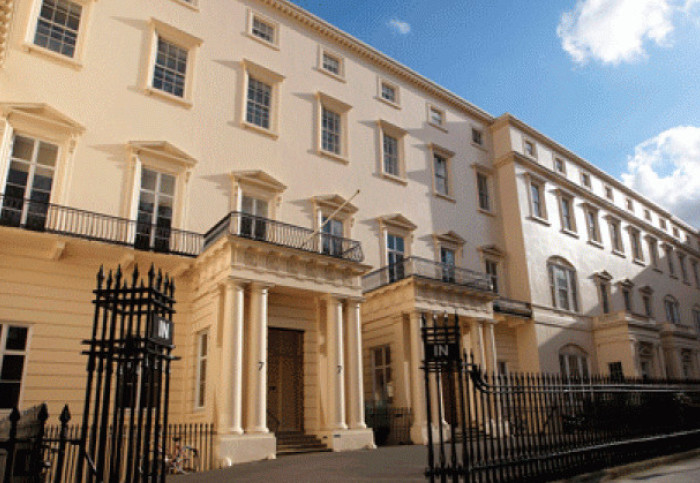
The Royal Society has granted prestigious fellowships to four scientists at Imperial College London this month.
Professors Geoff Hall, Ten Feizi, Nigel Brandon and Michael Finnis join more than 70 other members of Imperial staff who are permitted to use the letters FRS after their name. They are experts in particle detectors, the role of sugar chains in cells, devices for low-carbon energy transition, and atomic-scale investigations of materials, respectively.
This is a well-deserved honour, and a fitting accolade for their research. Professor Ian Walmsley Provost
Fellowships are given to distinguished scientists by the Royal Society in recognition of "contributions to science, both in fundamental research resulting in greater understanding, and also in leading and directing scientific and technological progress in industry and research establishments."
Professor Ian Walmsley, Provost of Imperial, said: “It is gratifying to see that four of our eminent colleagues have been elected as Fellows of the Royal Society. Nigel, Ten, Michael and Geoff have all been recognised for their exceptional contributions to science and for the impact their work has had. This is a well-deserved honour, and a fitting accolade for their research. We are proud of them and celebrate their achievements.”
Professor Geoff Hall
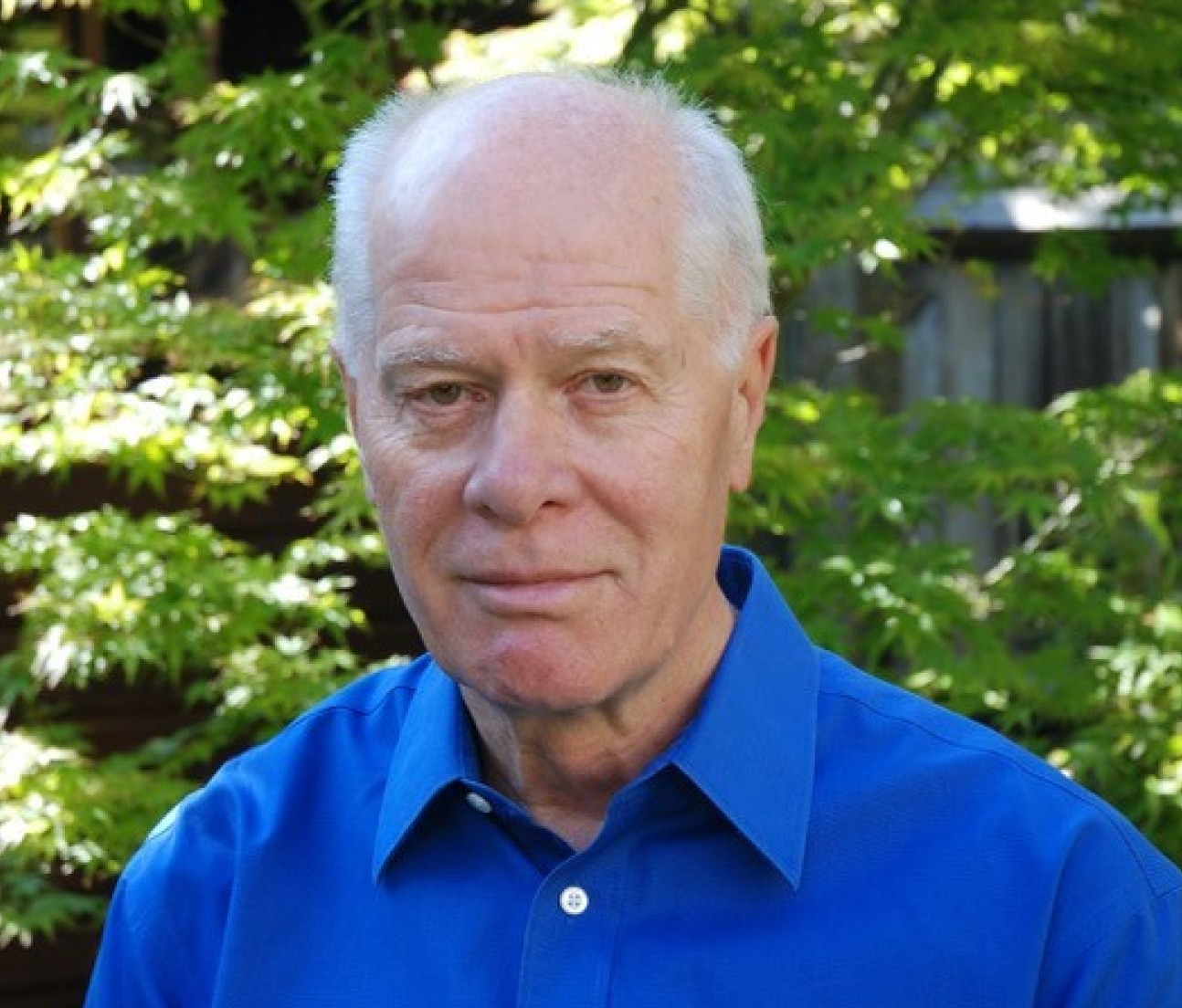 Geoff Hall is Professor of Physics in the Department of Physics. His work concerns electronic instruments for particle physics experiments, and for the last 30 years he has focused on the CMS experiment at the CERN Large Hadron Collider, where he contributed significantly to the complex detector systems essential for the discovery of the Higgs boson in 2012. He was awarded the Duddell medal of the Institute of Physics in 2005 and the Chadwick medal in 2020.
Geoff Hall is Professor of Physics in the Department of Physics. His work concerns electronic instruments for particle physics experiments, and for the last 30 years he has focused on the CMS experiment at the CERN Large Hadron Collider, where he contributed significantly to the complex detector systems essential for the discovery of the Higgs boson in 2012. He was awarded the Duddell medal of the Institute of Physics in 2005 and the Chadwick medal in 2020.
Professor Hall said: “For me, this honour represents a recognition of the importance of the actual detectors and electronic instrumentation to the success of the LHC, embodied for most people in the discovery of the Higgs boson. What many people don't realise is how challenging it was to build the experiments and make them work.”
When he began his work in the late 1980s, most of the detectors at the LHC would not have survived long enough to take data because of the immense radiation levels near the proton beams, generated during proton collisions.
Professor Hall added: “The progress in electronic and detector technology has been staggering when one looks back over thirty years, but commercial innovations had to be supplemented by fundamental scientific investigations to understand and apply those advances, which were evolving as our detector designs developed and involved considerable risks, both scientific, technological and even financial. I am proud to have contributed to this, and even more proud that we succeeded as well as we did.”
Professor Ten Feizi
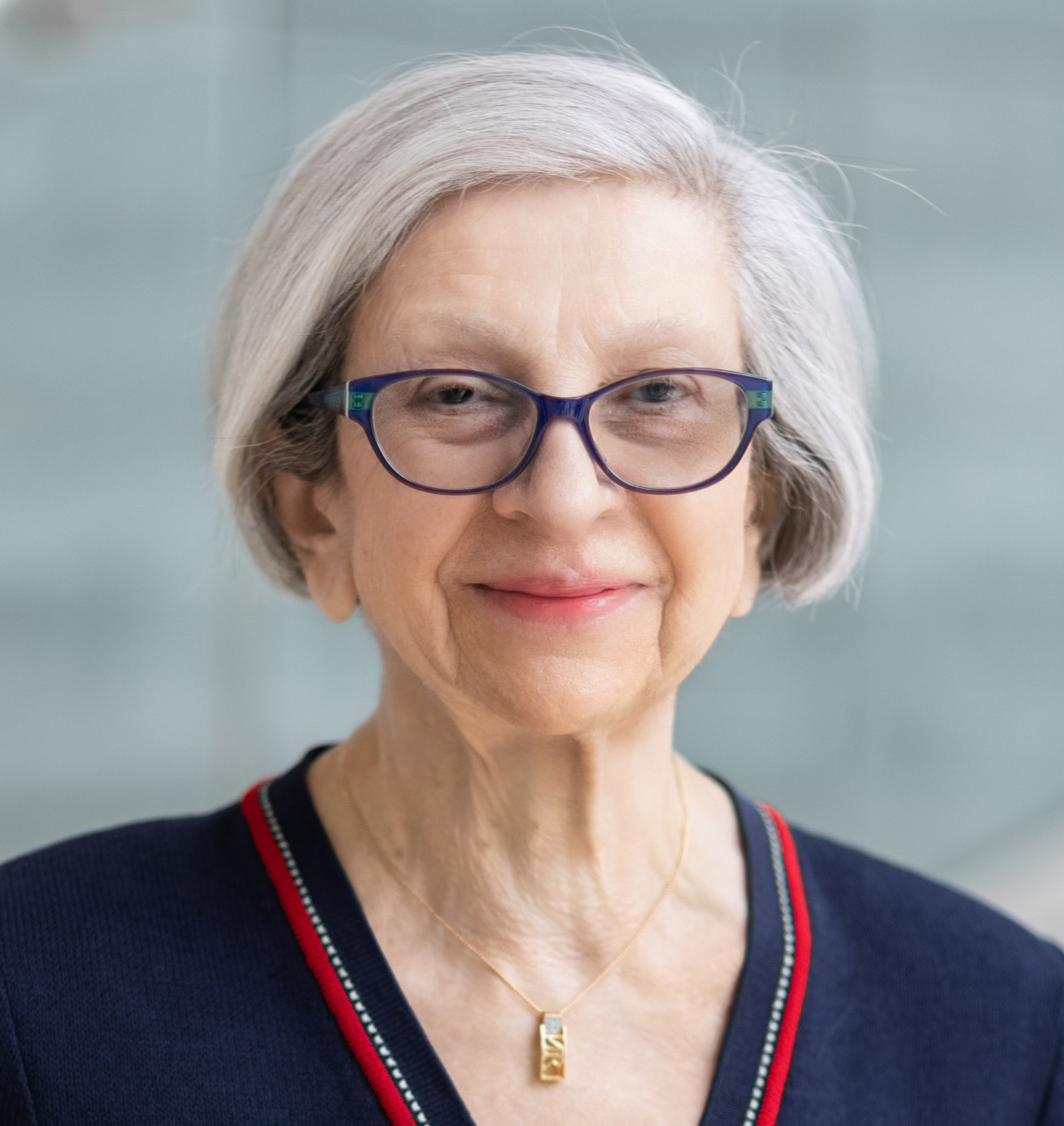
Ten Feizi is Professor and Director of the Glycosciences Laboratory at Imperial’s Institute for Reproductive and Developmental Biology.
Over the course of five decades, her work has highlighted the importance of the diverse sugar chains found on the surface of our cells, including their role in communicating with other cells, in health, in infectious and inflammatory disorders and cancer. Her group pioneered the development of glycan arrays, a means of pinpointing sugar chains with specific roles.
Her group was the first to sequence the sugar chains of a protein on the surface of HIV, called GP120. This glycoprotein, which plays a crucial role in how the virus evades the immune system remains an important target for the development of potential HIV vaccines.
Professor Feizi said: “I’m delighted to become a Fellow of the Royal Society while acknowledging distinguished collaborators and associates with whom we have delved into unravelling the intricacies and functions of the ‘forest’ of sugar chains in our body.”
Professor Nigel Brandon
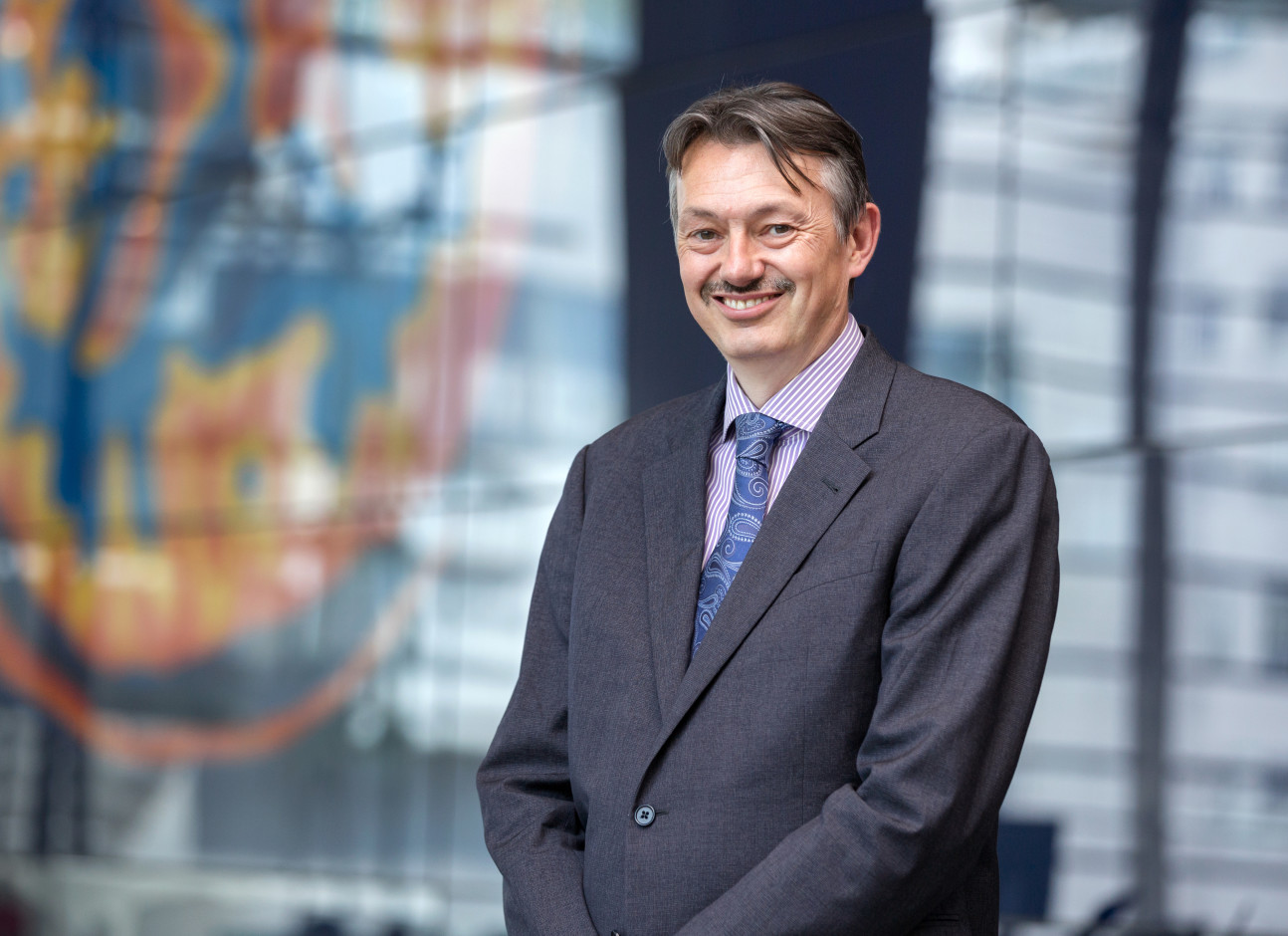 Nigel Brandon is Dean of the Faculty of Engineering and Chair of Sustainable Development in Energy. He is distinguished for his research in electrochemical devices for applications in the low-carbon energy transition, with a particular focus on fuel cells, batteries and hydrogen. He is known for bridging the gap between fundamental materials sciences and electrochemical device engineering, creating novel devices that offer significant technological benefit.
Nigel Brandon is Dean of the Faculty of Engineering and Chair of Sustainable Development in Energy. He is distinguished for his research in electrochemical devices for applications in the low-carbon energy transition, with a particular focus on fuel cells, batteries and hydrogen. He is known for bridging the gap between fundamental materials sciences and electrochemical device engineering, creating novel devices that offer significant technological benefit.
Professor Brandon holds an engineering degree and PhD from Imperial, to which he returned as an academic in 1998 following a 14-year research career with BP and Rolls-Royce. He is a founder of Ceres Power, a UK company developing fuel cell and electrolyser technology, and a founder of RFC Power, a UK company developing a novel liquid-gas battery for longer term energy storage. He is also Director of the UK Hydrogen and Fuel Cells SUPERGEN Hub and Chair of Imperial’s Sustainable Gas Institute.
Professor Brandon was awarded an OBE in 2011 for his services to UK-China science in the field of energy and climate change. Of his election to the Royal Society, he said: “I have spent my career working on the science, engineering and technology of electrochemical devices for the low carbon energy transition, and am delighted to have my work recognised in this way. But work in this area is a team effort, and I would like thank and recognise the efforts of my many students, colleagues and collaborators who have contributed so much to the field.”
Professor Michael Finnis
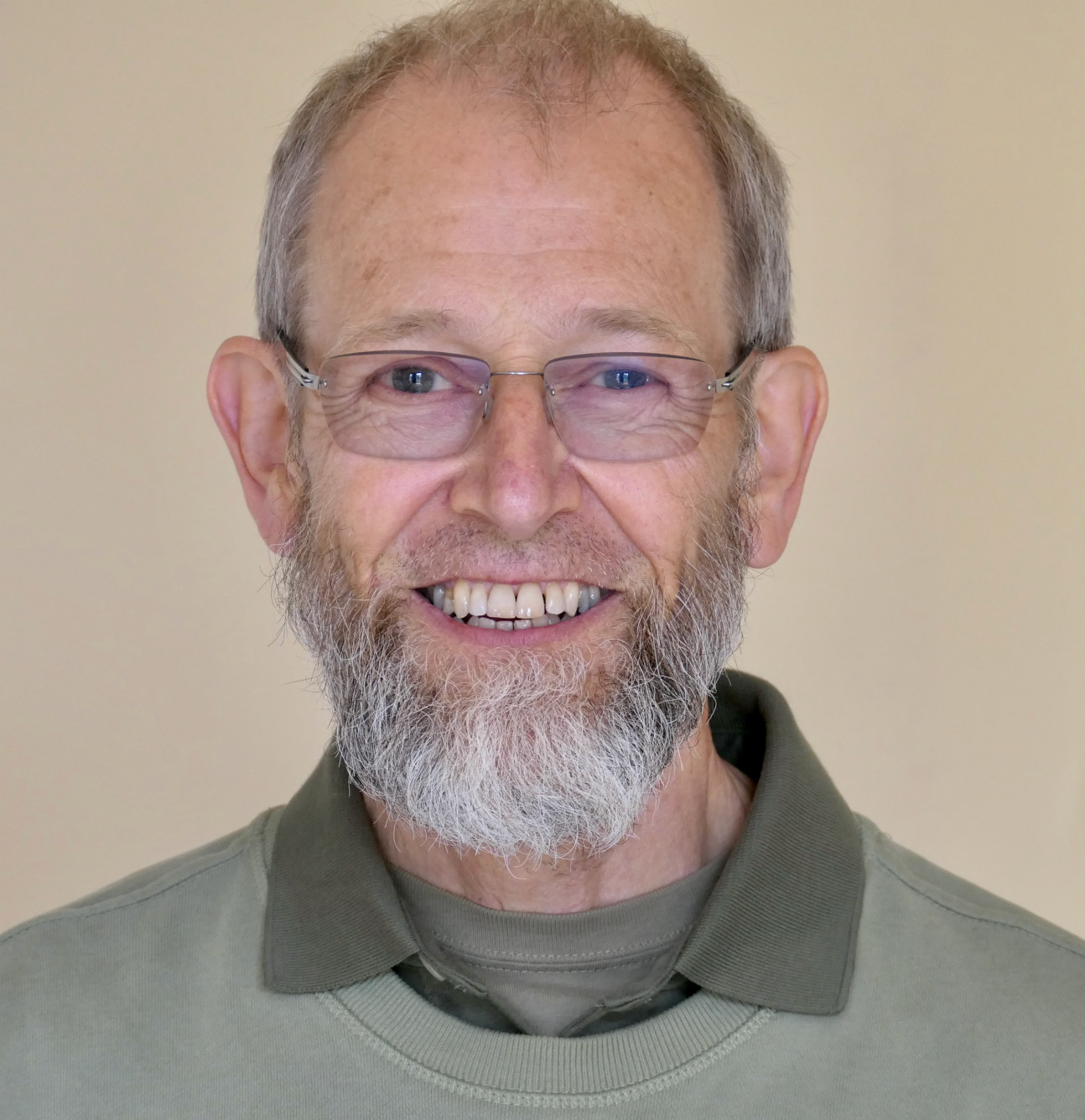 Michael Finnis is Chair in Materials Theory and Simulation in the Departments of Materials and Physics. He is known for opening entire areas of materials engineering to rigorous theory and atomic-scale computation. These areas include models of atomic interactions, irradiation damage in metals, metal-ceramic interfaces, and thermodynamic properties of materials.
Michael Finnis is Chair in Materials Theory and Simulation in the Departments of Materials and Physics. He is known for opening entire areas of materials engineering to rigorous theory and atomic-scale computation. These areas include models of atomic interactions, irradiation damage in metals, metal-ceramic interfaces, and thermodynamic properties of materials.
His main research interest is in exploring the links between electronic structure of materials, the behaviour of their atoms, thermodynamic functions and the evolution of microstructure. Professor Finnis held posts at Harwell Laboratory, the Fritz-Haber-Institute in Berlin, the Max-Planck-Institut für Metallforschung in Stuttgart, and Queen's University Belfast, before joining Imperial in January 2006, where his joint appointment in the two Departments and his co-founding of the Thomas Young Centre reflect the range of his expertise and experience.
He won the Born Medal in 2005 for contributions to the understanding of interatomic forces and for making links between atomic scale modelling and the structure and thermodynamics of interfaces. In 2014 he was a recipient of an Alexander von Humboldt Research Award and in 2017 he won the Mott medal and prize of the Institute of Physics.
Professor Finnis said: “I was very chuffed indeed, it’s a wonderful honour to have one’s work recognised in this way, and I know I owe a lot to students, postdocs, collaborators, colleagues and friends for making it possible.”
Article supporters
Article text (excluding photos or graphics) © Imperial College London.
Photos and graphics subject to third party copyright used with permission or © Imperial College London.
Reporter
Ryan O'Hare
Communications Division
Caroline Brogan
Communications Division
Hayley Dunning
Communications Division